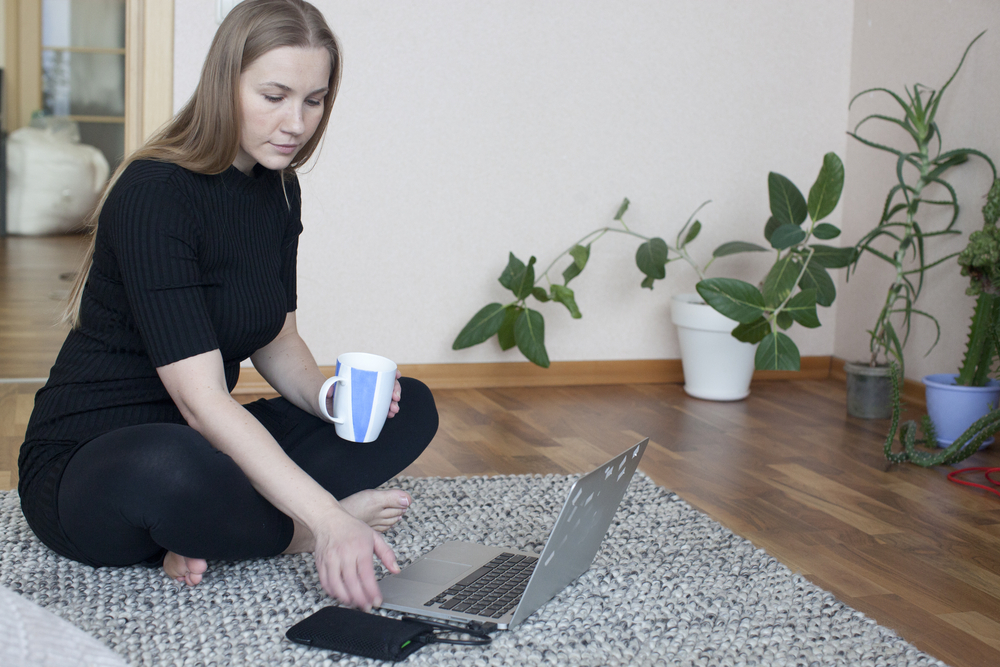Household Bills
Self-employed? What are your rights?

There has been a lot of focus on the ‘gig’ economy and the rights of self-employed workers. It’s tempting to believe that the self-employed have no rights at all.
However, here are some rights you do have:
Discrimination – employed or self-employed, you shouldn’t be discriminated against because of your race, religion, gender or sexual orientation. However, it is more difficult for self-employed people to prove that they aren’t getting work because of discrimination. A solicitor or Citizen’s Advice can help.
Health and safety – if working at an employer’s premises, the self-employed have the same rights as employed workers. The employer has to carry out a risk assessment and observe health and safety standards. If these are breached, the self-employed will have a case against the employer.
In addition, the government provides certain protections:
State pension – self-employed people should receive a state pension like everyone else, providing they have made the relevant contributions (30 years to receive the maximum level of state pension). This doesn’t happen automatically, so you will need to make the application to pay contributions yourself.
Sick pay – normal employees are entitled to statutory sick pay, though this will vary from company to company. The self-employed are entitled to Employment and Support Allowance instead, though this is progressively being replaced by the Universal Credit. Check here if applies to you.
Maternity pay – Again, you don’t qualify for maternity pay, but you are likely to qualify for maternity allowance. This is 90% of your average weekly earnings (before tax) up to a maximum of £140.98 a week for up to 39 weeks.
However, self-employed workers receive no holiday pay, are not entitled to the minimum wage, they can be dismissed at a moment’s notice and they are not covered by the EU Working Time Directive. How can they protect themselves?
Life insurance – it’s cheap, it’s easy to get and it could make all the difference to your family if something happens to you. Employees often have the protection of a ‘death in service’ benefit, which the self-employed don’t.
Critical illness/income protection – these types of insurance are more expensive, but provide an income if you can’t work for a period of time due to illness or incapacity.
Save! – Having a few month’s worth of expenses set aside for a slow period is easier said than done, but it could pay dividends in terms of peace of mind. You could even look to put it in an income-generative investment to provide a small income to cover bills.
Get a pension – In general, the self-employed have terrible pension provision. They are entitled to all the same tax reliefs on pension contributions as employed people. It doesn’t have to be a lot, but setting something aside each month to provide for your future could mean you don’t have to work until you drop.